When I first met Gregory through our mutual friend Daniel, his first question was “What do you know about ‘freeganism’?”
I wasn’t sure if he noticed, but I stumbled — awkward, embarrassed and a little lost for words.
Truth be told, I was fairly ignorant of the freegan community in Singapore. I haven’t taken the time to participate in one of the community’s many food rescue groups, and my knowledge on freeganism was scant, peppered with the occasional media articles that may not paint freeganism in the best light.
While I found it difficult to admit, I had reservations about a few practices that I deemed as ‘freegan’: eating leftovers at a hawker centre, or even a perfectly good slice of leftover pizza from the bin.
“I don’t consider myself a freegan,” said Gregory.
That’s an interesting statement coming from Gregory Peck, 53, who is one of the more prominent members of the freegan community in Toa Payoh.
For the uninitiated, freeganism is a lifestyle choice where people who identify as freegans, reject consumerism. A person who practises freeganism intentionally limits their participation in the conventional economy by limiting their consumption. Instead, they process and consume ‘free’ food and products, by recovering wasted goods.
“I always envisioned freegans as self-sufficient people, with their own energy source,” Gregory explains. “I just have a lot of contacts with people who give me free stuff.”
How it started
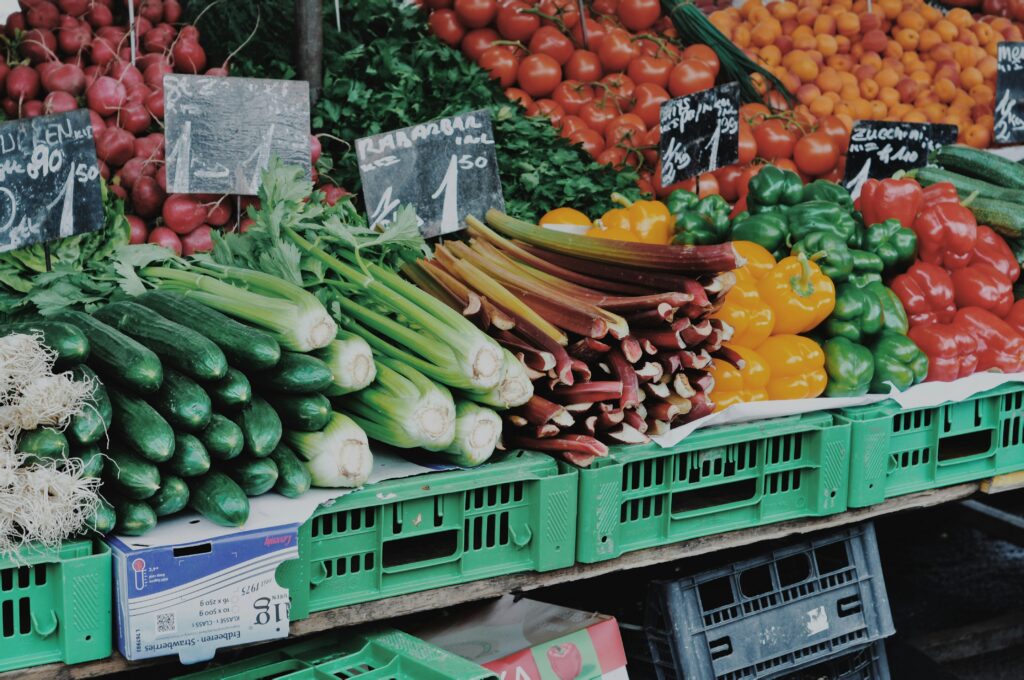
Source: Unsplash
Gregory was first introduced to the concept of ‘freeganism’ via the Olio app.
“I was giving away some things that I own via the Olio app when I met Yen-ling, a member who was very into food rescue at Little India,” said Gregory. “Coincidentally, she just lived a block away from me!”
Gregory and Yen-ling became fast friends, and soon, she was asking Gregory to head over to her home to take some Chinese cabbages that she had recently rescued.
“At that time, I was crazy about making kimchi. I wanted to eat kimchi, but it was rather expensive. With the free Chinese cabbage, I made kimchi and called Yen-ling, over for lunch. Over time, via the exchange of food, we built a small community in Toa Payoh, where we gathered for lunch very frequently,” said Gregory.
“I used to go to NTUC to get my vegetables. I usually need a lot of food, such as ten apples for my apple pie. By going on food rescues, I only spent about $20/month on groceries,” Gregory explained.
“I realised that when you build the right networks, you can access all the different ingredients relatively easily. Even my salt was free!”
Turning food rescue into a lifestyle
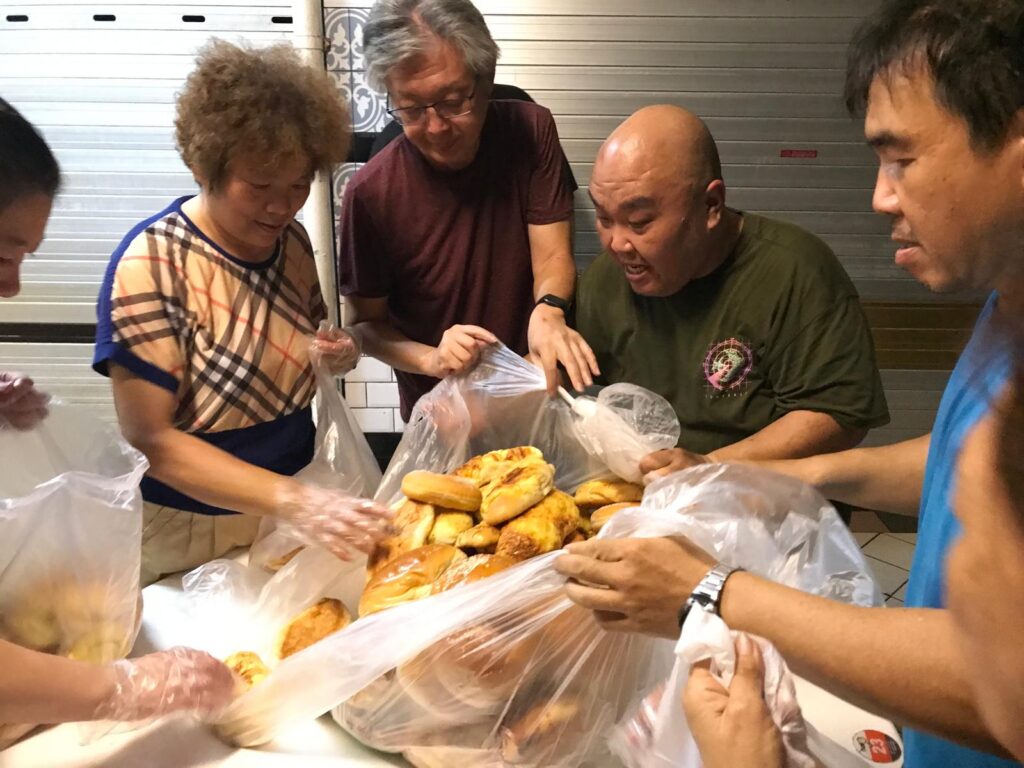
Gregory (in dark red) distributes rescued bread to his neighbours.
Just like how we would go for our weekly grocery runs at NTUC, Gregory would simply go for a food rescue, or have a contact in the community who would offer groceries that were just rescued. This happens so often that he is rarely in need of groceries.
“When I went for my first food rescue, everything was displayed on a long bench. I just took what I needed and I realised that the food lasted me for 2 weeks,” said Gregory.
“I don’t think that it hit me that this lifestyle was a long-term thing for me until I realised how convenient rescuing food is, especially when you learn how to ferment and process food.”
Unlike a typical supermarket shopping experience, you may not always get what you want in a single food rescue. Rather, you may get a large quantity of a handful of products that have been recently rescued. For example, you may get a haul of 20 apples, or 10 loaves of bread, if a bakery were to throw out their leftover bread during a rescue mission.
To get a good variety of food, Gregory explains that it is important to know people in the community so that you can exchange, or take different rescued food based on what you need.
It is also important to learn how to properly process food that has been rescued: identifying and throwing away food that has gone bad and learning to extend the shelf life of excess food by fermenting or freezing food items.
Do freegans compromise on their health with their lifestyle?
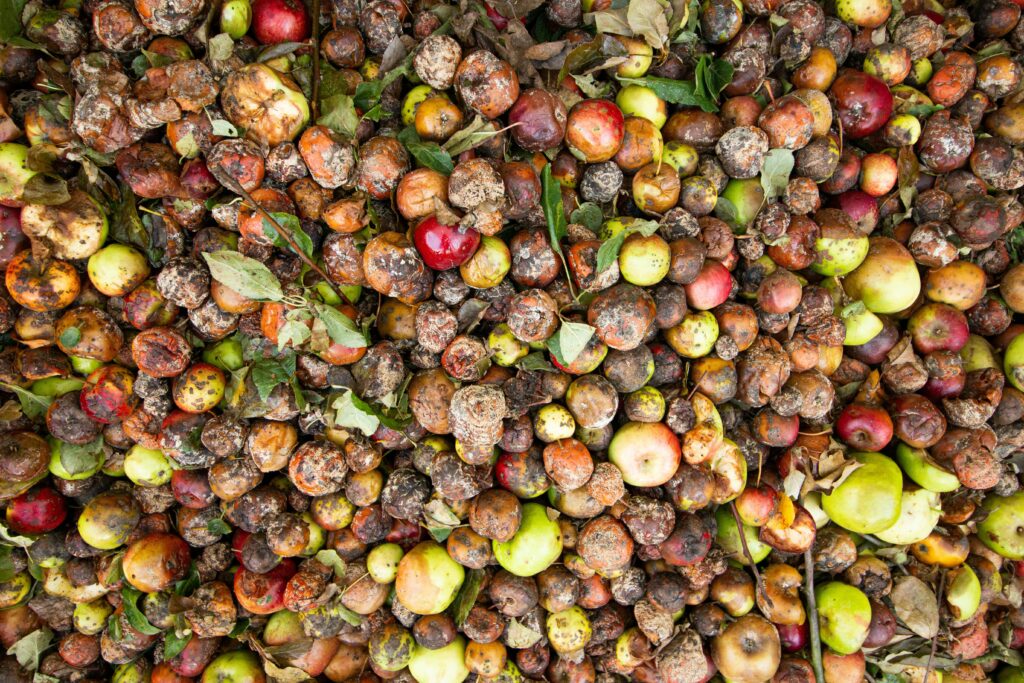
Source: Unsplash
Before my conversation with Gregory, I always wondered if people who adopted freegan practices compromised their health, as their diet was dependent on the food that they rescued.
“A component of a pretty healthy diet started to fall into place after about a year of food rescuing, where I can make the right connections to get the items that I really wanted,” said Gregory.
Before living a semi-retired lifestyle, Gregory was a full-time music teacher at a primary school.
A fast-paced, high-pressure work environment unfortunately led Gregory to develop health challenges that left him homebound.
“I had some health challenges that left me homebound. I wasn’t able to walk, and that caused me to not be able to go out,” said Gregory. “There were times when I would just be in bed, trying to sleep off the nausea.”
“Having food accessible in my fridge, where I was able to pop into the oven and eat, makes it a lot easier during these times.”
By incorporating food rescue into his lifestyle, Gregory’s fridge is now constantly full – filled with vegetables, bread, hawker food, and the occasional ice cream.
“Every day, somebody will offer something to me. By building a community of people sharing food within Toa Payoh, everything is within a 10 to 15-minute walk away from me, making it very convenient,” said Gregory.
On freeganism and being financially free
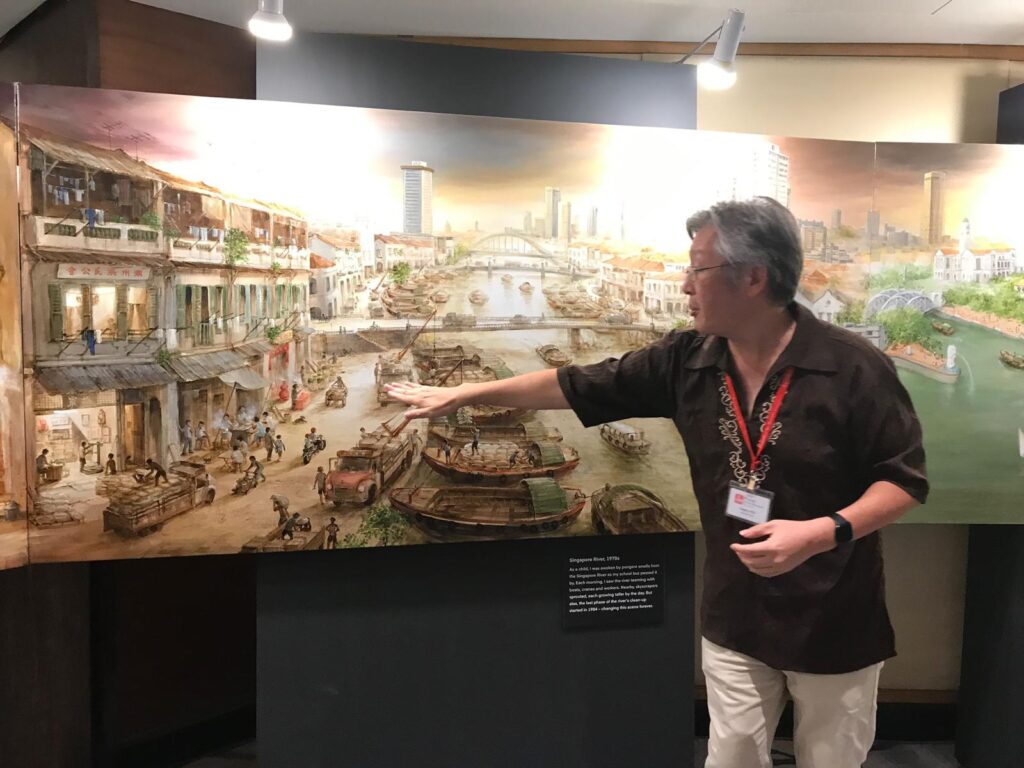
Now a retiree at 53, living a low-cost lifestyle allows Gregory to afford the time and energy to pursue things that are most meaningful to him.
He now spends his time hosting lunch gatherings with friends or conducting tours for tourists at different museums in Singapore.
“After the health scare, I thought – why work for something and feel ill all the time, when I can free myself, go relax, take things a little easier,” said Gregory.
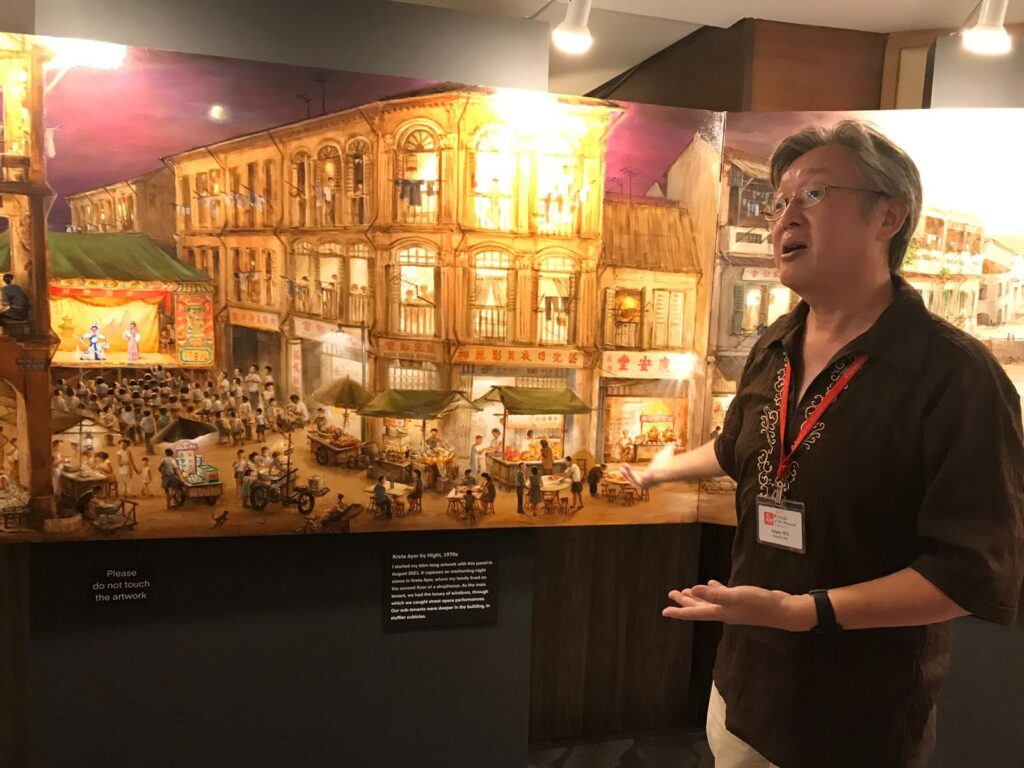
“How many relationships have people sacrificed for money? You want money for new experiences, but don’t you think you will be able to get enriching experiences from the people you meet?”
“To quote Tan Kah Kee, ‘money is like fertiliser, it only works if it’s spread out evenly over a wide area,” Gregory continues. “It’s the relationships and friendships that enrich my life. Why would I exchange that for money? That’s crass.”
Growing a community, and living off other people’s waste
Living off other people’s waste might sound unappealing at first, but for Gregory and many in the Freegan community, it’s a practical solution intertwined with a deeper philosophy.
Singapore is a nation that imports more than 90% of its food, and throws away a staggering 755,000 tonnes of food waste a year. We waste too much, but it is this very surplus that creates the possibility of food rescue.
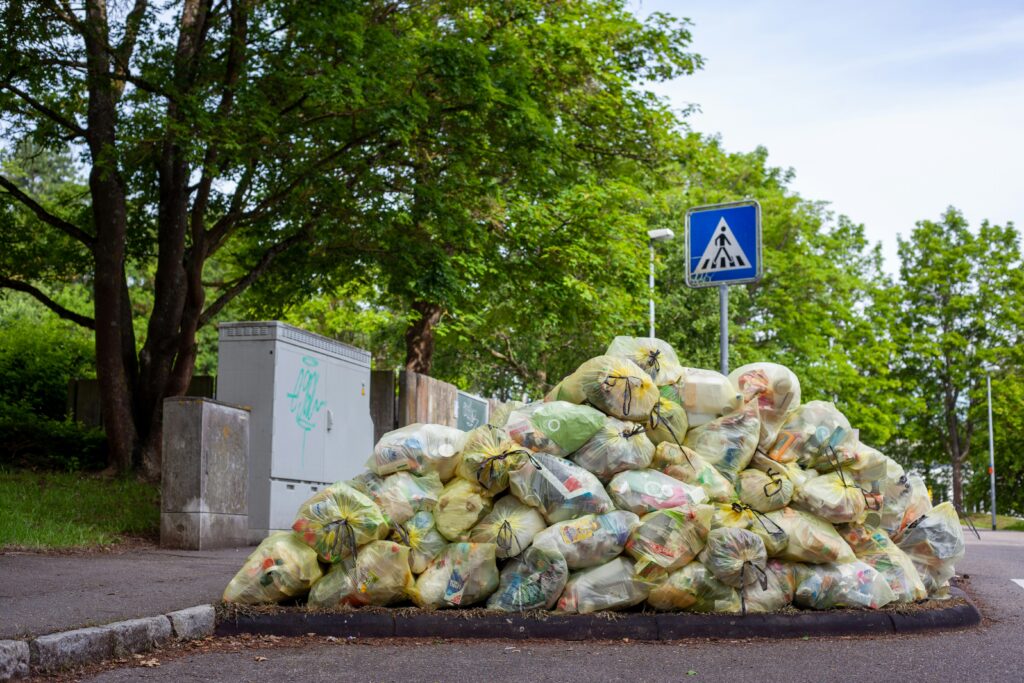
Source: Unsplash
“I don’t know how we can waste so much, and be so comfortable,” said Gregory. “Yet, without this waste, I don’t know how my lifestyle would be possible.”
Freeganism is about more than just fulfilling basic needs. It’s a conscious rejection of consumerism and a focus on building genuine connections.
As an integral member of the freegan community, I asked Gregory if he had any aspirations to grow the community into something bigger.
Instead of lofty aspirations, Gregory’s vision is ‘very small’. He hopes to simply change one person’s perspective at a time. He finds fulfillment not in material possessions, but in the company of those who share his values.
“My life is full. It was so much more full than when I was working because the people I am meeting are people that I don’t have to make happy, but people whose company I genuinely enjoy,” said Gregory.
What it means to be a freegan
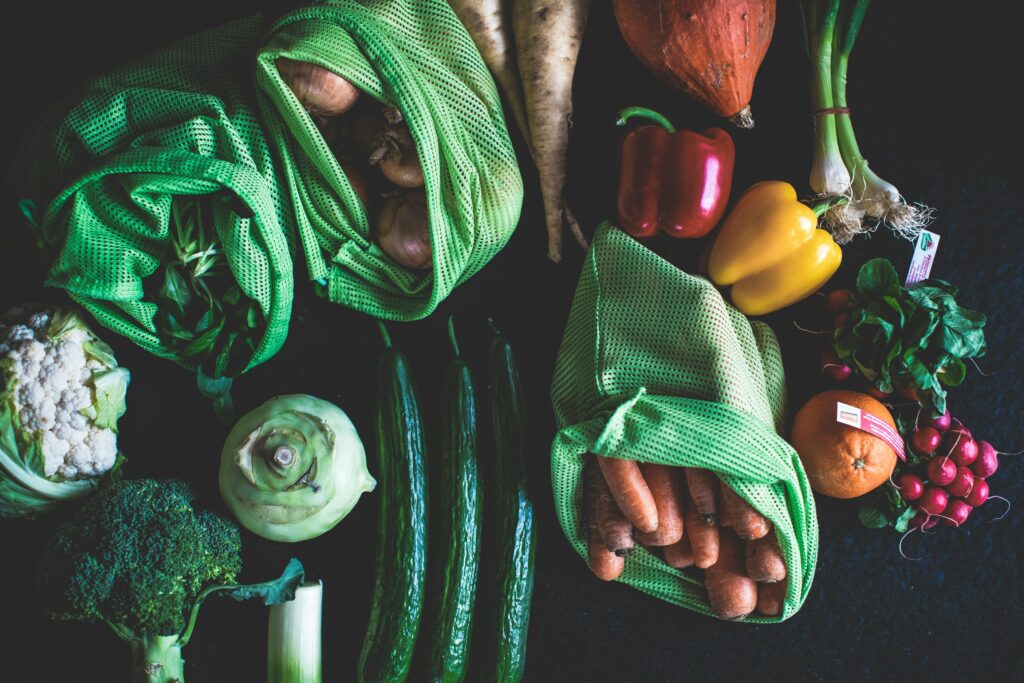
Source: Unsplash
People are often quick to judge: some may deem freegans as stingy and cheapskate, while others may wonder if their quality of life might be worse off, due to their practices.
It is interesting then, to see how people in the community view freeganism as quite the opposite.
After having friends such as Daniel and Gregory in my circle, I started to realise that practising freeganism gave them a mindset of abundance. They are some of the most generous people I know, and I see them give food, time, and effort back to the community and the people they care for.
“With my current lifestyle, I am more concerned about who can I give more to, instead of who can I take more from,” said Gregory.
A growing movement in Singapore, Freeganism goes beyond just saving money. It’s about building a network of support, reducing food waste, and fostering a more sustainable lifestyle.
If you’re curious to learn more about freeganism in Singapore, consider reaching out to the Freegan Collective or attending one of their community events.

